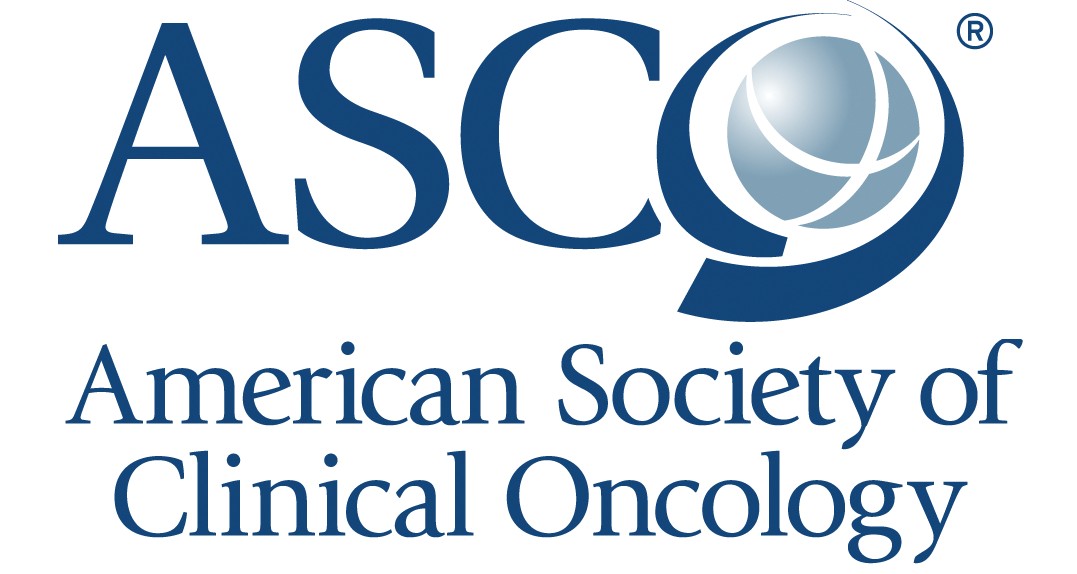Share this Page:
At the American Society of Clinical Oncology (ASCO) Annual Meeting this week, the results from the CALYPSO study were presented. CALYPSO is a phase 2 study that looked at 3 new drugs used to treat metastatic kidney cancer that has spread to other parts of the body. The drugs that were tested were called durvalumab (an immunotherapy called a PD-L1 inhibitor), savolitinib (a targeted therapy called a MET inhibitor), and tremelimumab (an immunotherapy called a CTLA-4 inhibitor). Durvalumab and savolitinib were tested alone, and durvalumab was tested in combination with savolitinib or tremelimumab in patients with metastatic clear cell or papillary kidney cancer.
A protein called MET (also called hepatocyte growth factor receptor) has been found to stimulate the growth and development of tumours. Savolitinib can block MET, which has been shown to be effective in patients with papillary kidney cancer.
This presentation reports on the effectiveness of these medicines in patients with metastatic clear cell kidney cancer. The patients had been previously treated with a targeted therapy, called a VEGF inhibitor, but not immunotherapy or MET inhibitors. This presentation reports the data from 139 patients after 12 months of treatment.
The study did not show any significant benefit for savolitinib alone or in combination with durvalumab or tremelimumab in patients with metastatic clear cell kidney cancer.














